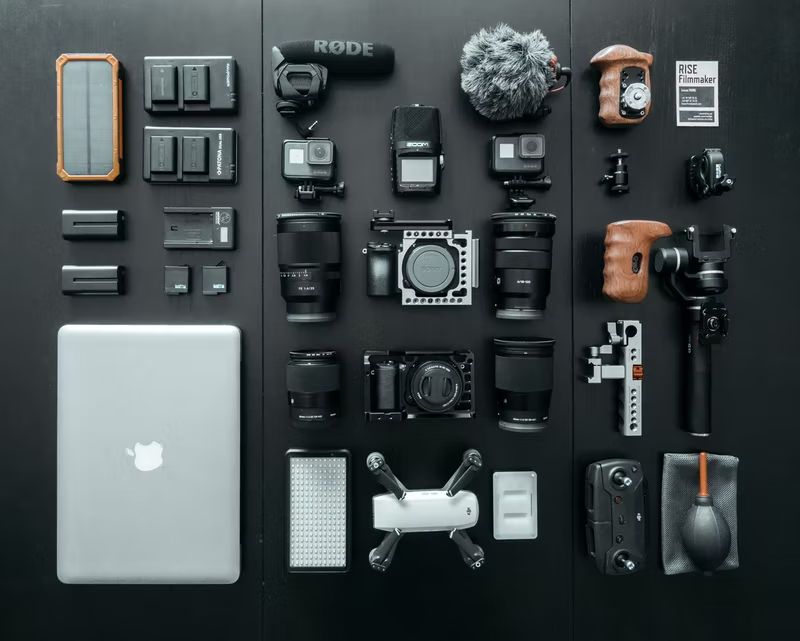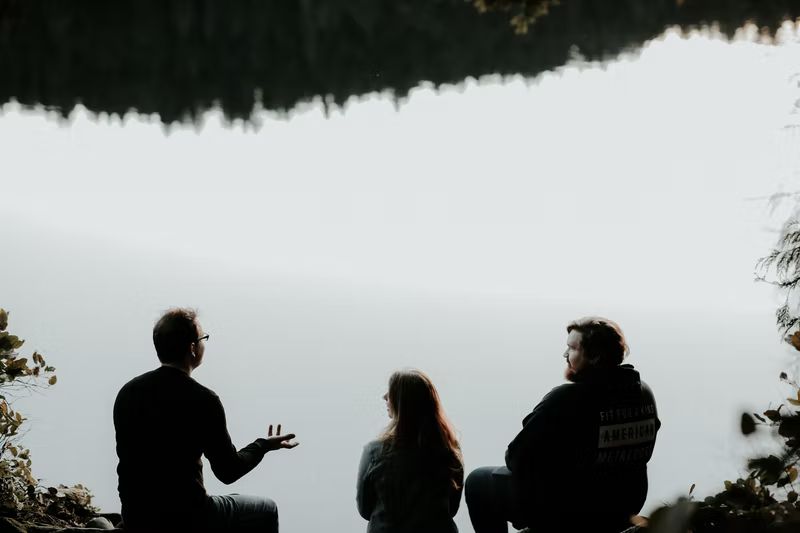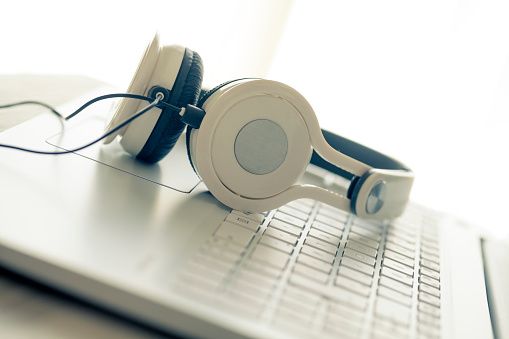Today I’m going to talk to you about how to properly record oral history interviews from a transcriber’s view. This is a unique perspective from me as a transcriber combining what I have experienced and what I hope to be implemented while recording oral history interviews for oral historians that you may not get from other sources.
Get the Right Recording Equipment

Just like any other activity, the tools of trade used to transcribe oral history interviews can help make a huge difference to the final end product. Having the right equipment includes avoiding your phone and using a proper recorder. The advantage of this, is you’re not going to get interrupted because of calls and notifications which can occur during the recording in the background. Invest in a voice recorder with a micro-SD card slot. You can buy a digital voice recorder that offers the ability to record directly to an SD card on Amazon or your nearest store. You just take out the micro-SD card and fit it into a record player and viola you have your recording device ready to go. It’s better to have a good microphone than the microphone on your phone which makes transcription and data collection easier.
Pay Attention

Probably there are a few humans who can effortlessly multitask, which is all well and good. But unless you are having a casual conversation with a friend and not an interview, it is common courtesy to give your respondent as an interviewer your full attention. This includes not banging away at your keyboard or writing notes while conducting the interview. There is no need to keep writing copious notes if you’re recording the interview. You have a recording and so you can go back and listen to it later on and take notes. Right then and there you just need to think about the interview, engage and ask questions. During oral interviews you want to listen more than asking questions as it is listening to life history and their perspective of their experiences. That being said, you can ask clarifying questions and open-ended questions to encourage them (the interviewee) to keep speaking as it also brings up memories that otherwise might have been lost in time.
Watch out for Cross Talks

Imagine having a conversation and having someone keep talking over you? Annoying right? When recording oral history interviews as an interviewer you should try and avoid talking over your interviewee. Wait for the respondent to finish talking then ask your question. A good way to go about it is to wait three seconds. If the silence has been for more than three seconds then you can interject with a question. However, answering with non-verbal cues is encouraged as it allows for continual engagement.
The above tips allow for us as transcribers to give you quality work if taken into consideration. How audios are recorded and in what environments determines how accurate the final transcript will end up being.
Check out my blogs on Best Practices for Recording Oral History Interviews to help you record your oral history interviews as efficiently as you possibly can, as well as 3 tips While Recording a Phone Interview if you would like to get the most out of an over the phone interview.
Please feel free to contact us for any questions or comments and kindly keep us in mind for any of your transcription needs and remember always be kind try to stay positive and learn to unwind.
